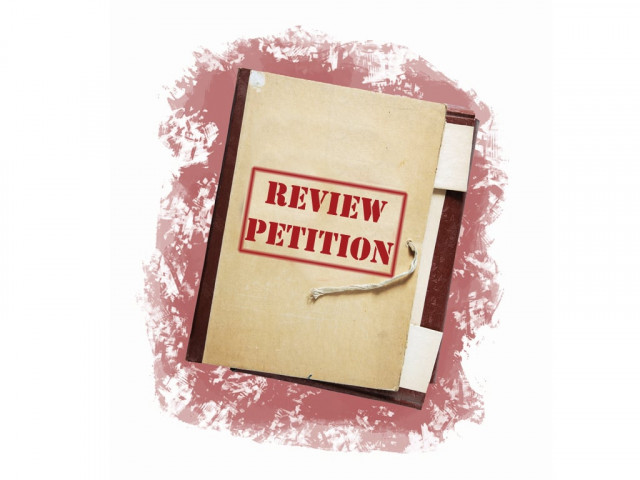Asghar Khan case: Govt challenges SC ruling on president’s ‘apolitical’ role
Files petition arguing that president’s office is political.

Clearly, the current opposition and retired army officers are not the only ones affected by the Supreme Court’s verdict on the Asghar Khan petition.
The federal government has challenged a portion of the verdict pertaining to the president’s political role, maintaining that the office cannot be termed apolitical.
In a review petition filed on Saturday, the government has asked the court to review its findings since the allegations contained in the case did not, in any way, involve the incumbent president.
While the Supreme Court registrar has not yet accepted the petition, citing procedural errors, the federation has signaled its intentions to defend President Asif Ali Zardari’s political activities. President Zardari already faces contempt proceedings in the dual offices case, currently being heard at the Lahore High Court, which pertains to his concurrent roles as the head of a political party as well as the President of Pakistan.
The review petition notes that “the office of the president is a political office… [any individual] is appointed to the office through an electoral process and is nominated by a political party.”
“In discharging his duties, the president must keep in touch with all political parties and leaders, and members of the public to keep himself informed about the affairs of the state… [he] cannot remain aloof from political activity,” it adds.
In its verdict in the Asghar Khan petition, the apex court concluded that then president Ghulam Ishaq Khan, along with Gen (retd) Mirza Aslam Beg and Lt Gen (retd) Asad Durrani, distributed funds among various political quarters to influence the 1990 general elections.
As a consequence, the court noted in its short order that “the President of Pakistan (representing the unity of the Republic) violates the Constitution if he fails to treat all manner of people equally and without favouring any set.”
The government’s review petition, however, contends that “the conduct of the incumbent President of Pakistan was never an issue in this case, nor was it relevant for a decision in the matter.”
“The matter before this court pertained to events which allegedly took place in 1990… (therefore) the observations made by this court amount to an error on the face of the record and its order is liable to be reviewed.”
It adds that, by involving the incumbent president in the case, the apex court had applied ‘a different yardstick’ to the office. The petition further asks the judiciary to ‘exercise restraint’ while dealing with the Presidency in order to maintain the office’s respect.
“Adherence to the Constitution requires and demands that the symbol of all authority of the state be shown full respect by all institutions of the state. Any observations that demean and diminish the office of the president need to be avoided.”
Published in The Express Tribune, November 18th, 2012.



















COMMENTS
Comments are moderated and generally will be posted if they are on-topic and not abusive.
For more information, please see our Comments FAQ